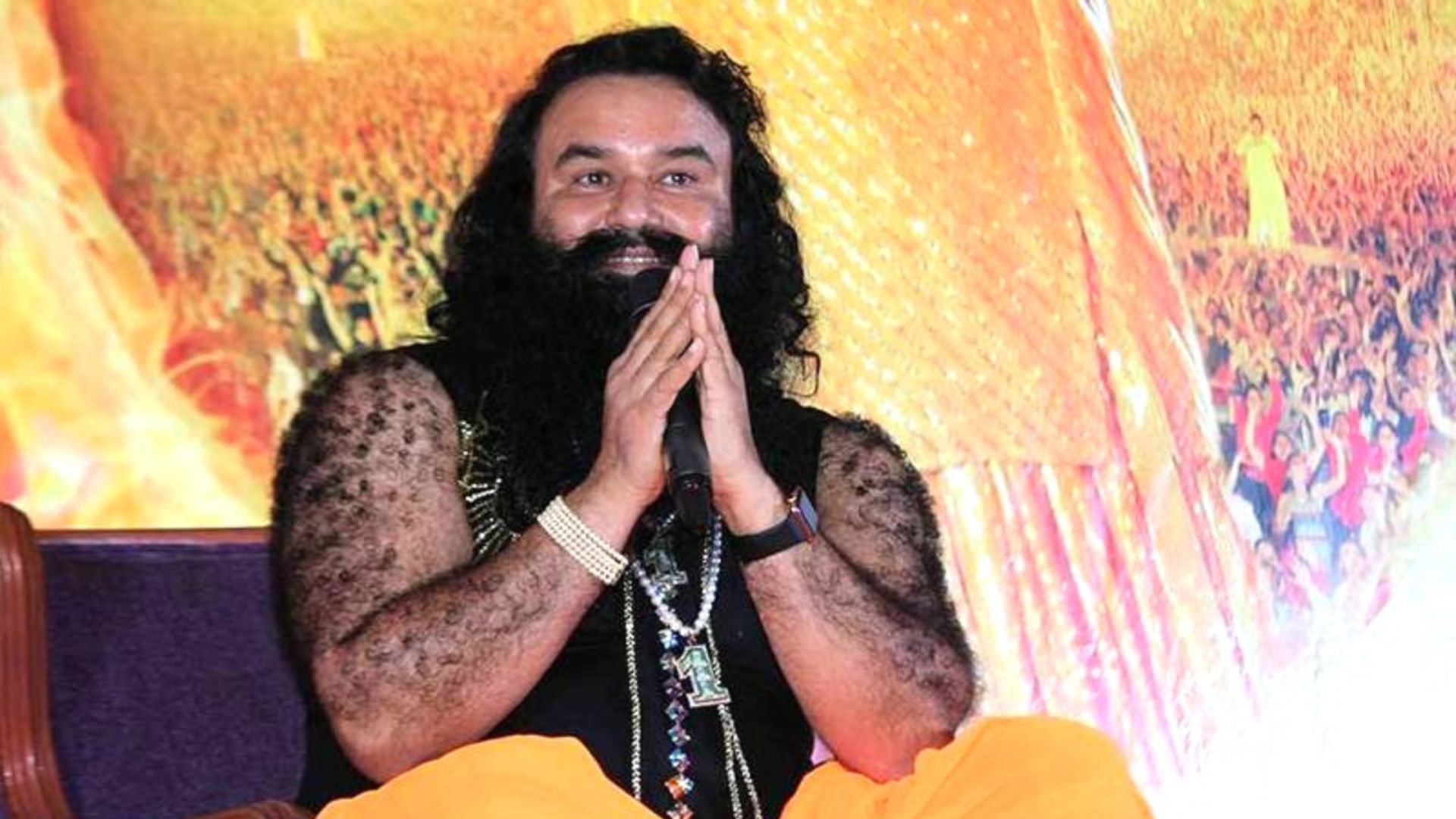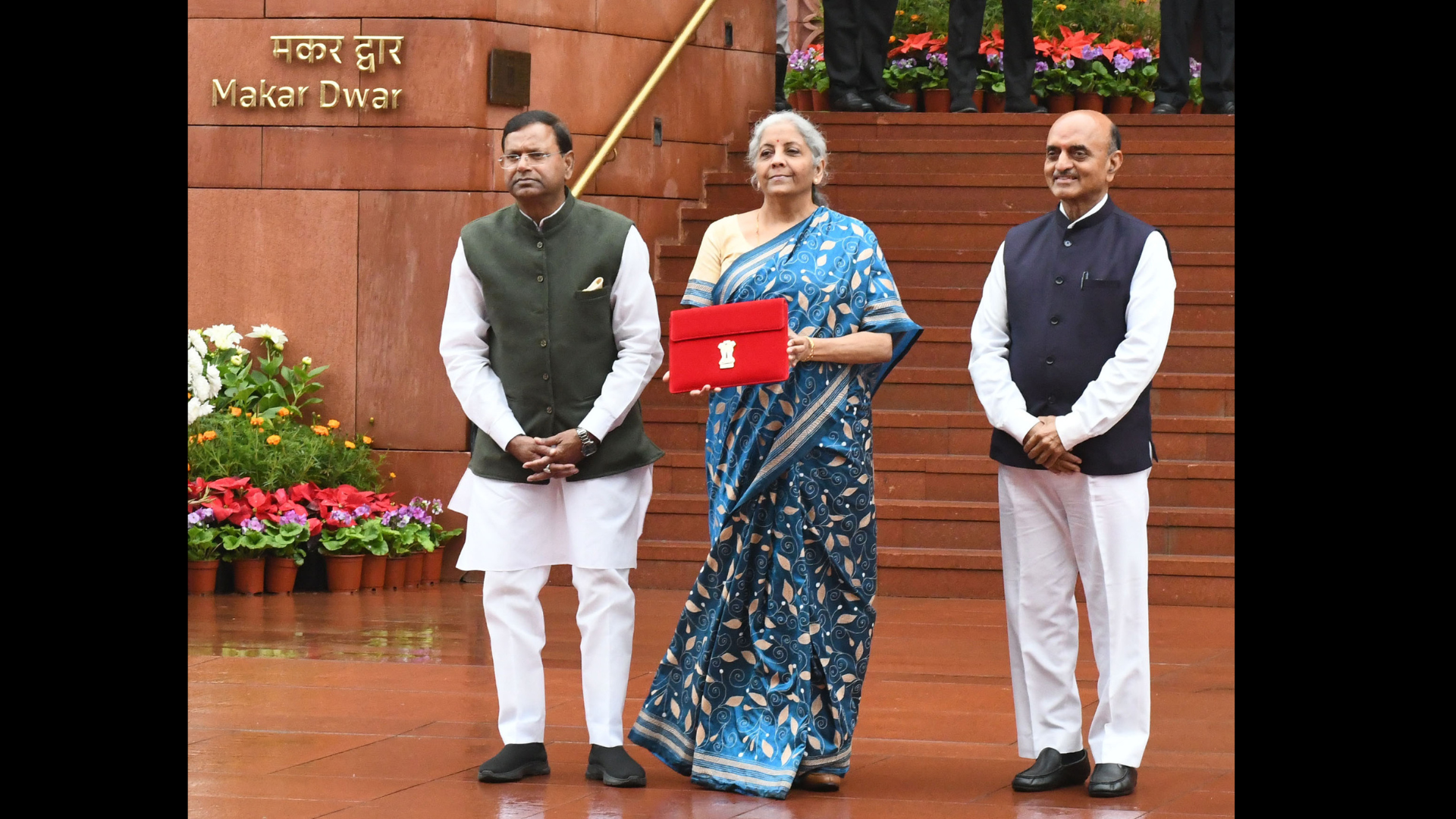In its repeated decisions to parole the controversial head of the Sirsa-based Dera Sacha Sauda, Gurmeet Ram Rahim, who was awarded two life sentences for murder and is currently serving two 10-year jail terms after having been convicted for offences ranging from rape to criminal intimidation, the Haryna government claims he isn’t a “hardcore” criminal.
Strange, considering that apart from these offences, he is also accused in a handful of other criminal cases. In January 2019, along with three others, he was sentenced to life imprisonment for the 2002 murder of journalist Ram Chander Chhatarpati.
But, according to the Haryana government, which has released him on parole several times, including in the middle of the Punjab Assembly elections and where the Dera and its chief were expected to play an important role in swinging votes in favour of one of the other party, the crimes committed by the controversial godman didn’t fall in the category of “hardcore prisoner”.
The BJP-led Haryana government even went to the extent of defending its decision to release him on parole (furlough) for a period of three weeks during the elections.
In its response to a petition filed in the Punjab and Haryana High Court through the Superintendent of Rohtak Jail, challenging his release on parole, the Haryana government even asserted that the controvesial Dera chief was not the actual “assailant” in the two murder cases and “had not executed the actual killings”.
“He had been held guilty for hatching a criminal conspiracy with his co-accused for these killings,” the government told the HC.
The government also granted him Z+ security cover on the ground that he faced threat to his life from “pro-Khalistan activists”.
According to documents accessed by India Ahead, Gurmeet Ram Rahim applied for 42-day parole on January 17 on the ground that he had to get his ailing mother treated and also to meet his relatives.
Moving with unusual alacrity, the state government sent his application to the Haryana Advocate General, who opined that his request could be allowed.
On January 31, he moved another application, this time claiming he wanted to meet his relatives who reside in Gurugram.
The decisions underscore the need for revisiting who can be considered a hardcore criminal?




